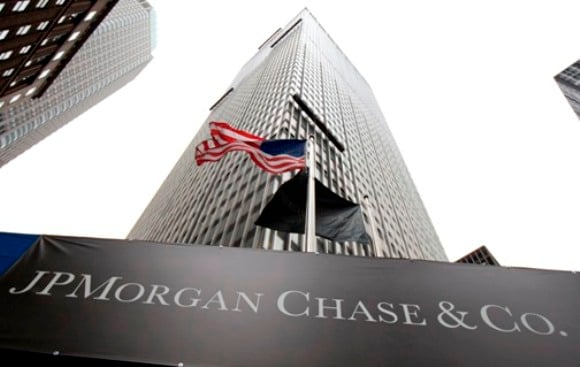Exchange-traded funds may have finally found their passport to the profit-generating world of 401(k) plans. J.P. Morgan Asset Management plans to launch a series of target date funds that will use both actively managed funds and ETFs.
“This is how ETFs get into 401(k) plans,” said Paul Justice, co-head of passive strategy research at Morningstar Inc. “Any newly launched multiasset products are probably strongly considering ETFs to access markets.”
Indeed, some target date funds have begun allocating a small part of assets to exchange-traded funds. Reuters reported Wednesday that Franklin Templeton Investments has 5% of its target date fund assets in ETFs and would like to up its exposure to 10%. Mutual funds of funds are ordinarily restricted by the Securities and Exchange Commission to have no more than 5% of assets in a single ETF and no more than 10% of assets in ETFs. Some of the funds, though, have been granted exemptive relief by the SEC to ignore those maximums, according to the prospectus filed by J.P. Morgan. The ETFs that have been granted that exemption tend to be among the biggest and most liquid, Mr. Justice said.
RELATED ITEM Advisers' favorite ETFs »
The JPMorgan SmartRetirement Blend funds will use ETFs for asset classes it said in its prospectus are “widely regarded as efficient markets.” That means U.S. large-cap equities — which will represent up to 40% of the funds — are the most likely asset class to get the passive treatment. Kristen Chambers, spokeswoman for J.P. Morgan Asset Management, declined to comment while the funds are in registration.
The funds will be the first to combine active and passive management in a meaningful way in a target date fund, which is how many advisers allocate their portfolios today. Less liquid asset classes, such as high-yield bonds and small-cap equities, tend to be seen as the most likely areas where an active manager can add alpha.
The addition of ETFs will allow the SmartRetirement Blend funds to charge a lower expense ratio than their active-only sibling funds. The blend funds will have an expense ratio of 0.85%, while the JPMorgan SmartRetirement target date funds currently charge 0.99%.
Critics of ETFs in 401(k) plans oppose giving the average participant the ability to trade intraday. That, they said, could lead some to chase performance chasing, with trading fees eating away at their savings.
Several target date funds have gone the index- or ETF-only route. Charles Schwab & Co. Inc., for example, next year plans to launch an all-ETF 401(k) platform.







